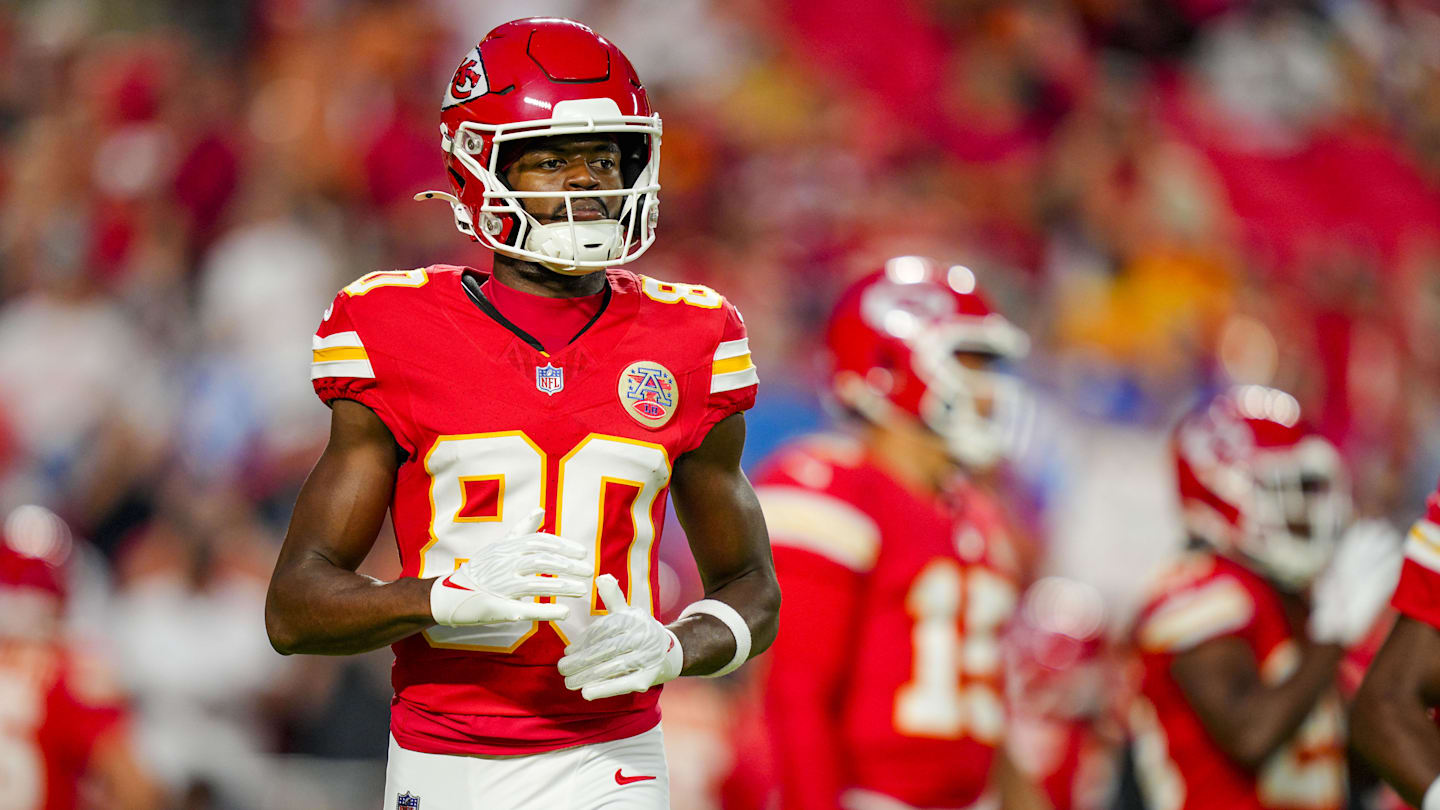Every day, in civil and criminal cases throughout the country, deals get made to resolve cases. That’s what happened today in the NFL’s in-house justice system.
Chiefs receiver Rashee Rice faced a September 30 disciplinary hearing. He would have been available to play for at least four games, and possibly (given the appeal process) two or three beyond that. Eventually, he would have gotten a suspension that would have been served during the season.
His alternative was to do a deal with the league, like former Ravens kicker Justin Tucker did. Resolve the case, accept a suspension, and avoid the uncertainty of an intenal system that the league ultimately controls.
Why accept six games to start the season? Common sense points to one inescapable conclusion: Rice and his representatives believed that, if they had pushed the process through to a conclusion, he would have gotten more than six games.
It’s a reasonable conclusion. Even though Judge Sue L. Robinson would have had the first word on the matter, only her factual findings would have been final and binding. The punishment she decided would have been subject to appeal, by either Rice or the league. And the appeal would have gone to the Commissioner or his designee.
If the message from the league to Rice’s camp was, basically, “If he doesn’t take six, it’s going to be more than that,” there was good reason to believe it. Because the same entity sending that message controls the process.
Yes, he would have gotten a full and fair chance to defend himself. To make his argument that similar cases require a much lower punishment, with the one-game suspension given to former Jet cornerback Brandin Echols being the primary basis for an apples-to-apples argument.
In the end, it doesn’t matter. We’ve heard that multiple people within the NFL’s power structure were not happy with the failure of the league office to get the hearing set in time to reach a conclusion before Week 1, with more than one owner complaining and the Management Council being miffed by the botched timeline.
Was the league bluffing by making it known to Rice and his representatives that the final outcome would have been more than six games? It’s not a bluff when the league holds the cards, deals the cards, and counts the cards.
The Collective Bargaining Agreement gives the Commissioner (or his designee) the ability to ultimately impose eight or 10 or even more games. There was a chance (slim, but real) that Rice would have missed the rest of the regular season.
And so, instead of Rice being available for six high-profile games to start the season (with one on YouTube, one in the Fox late-afternoon window, two on NBC’s Sunday Night Football, one in the CBS late-afternoon window, and one on ESPN/ABC’s Monday Night Football), Rice will now miss each of those games. If he’d forced a final decision, he undoubtedly would have missed more.


:max_bytes(150000):strip_icc()/ar-rice-recall-ar-adobe-2x1-5019af2a3afc4f85be6ef9fe45114f20.jpg)